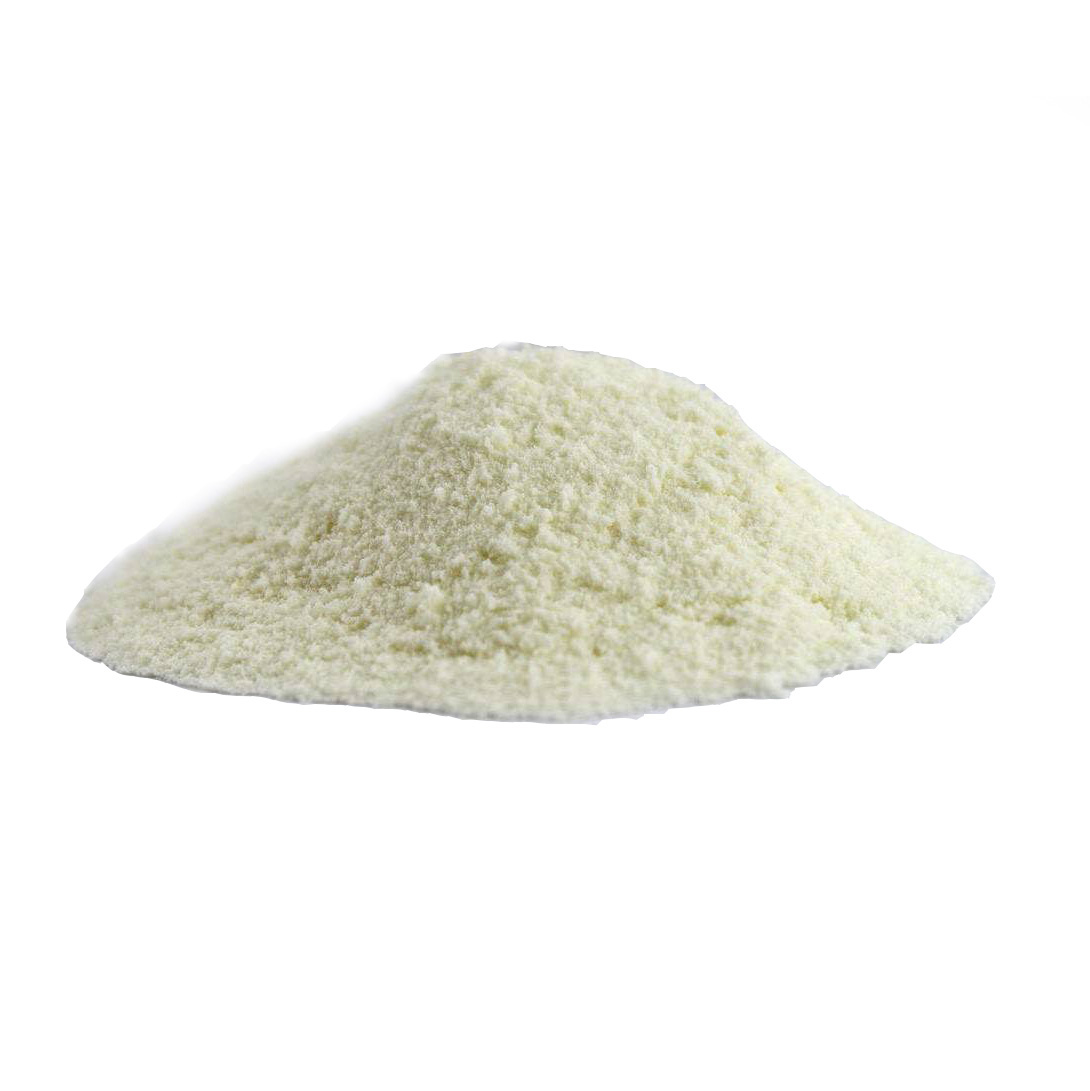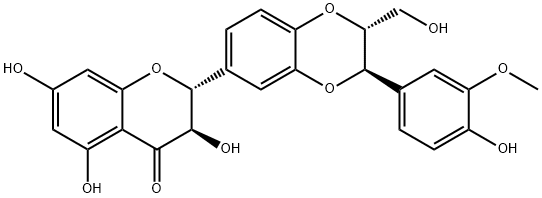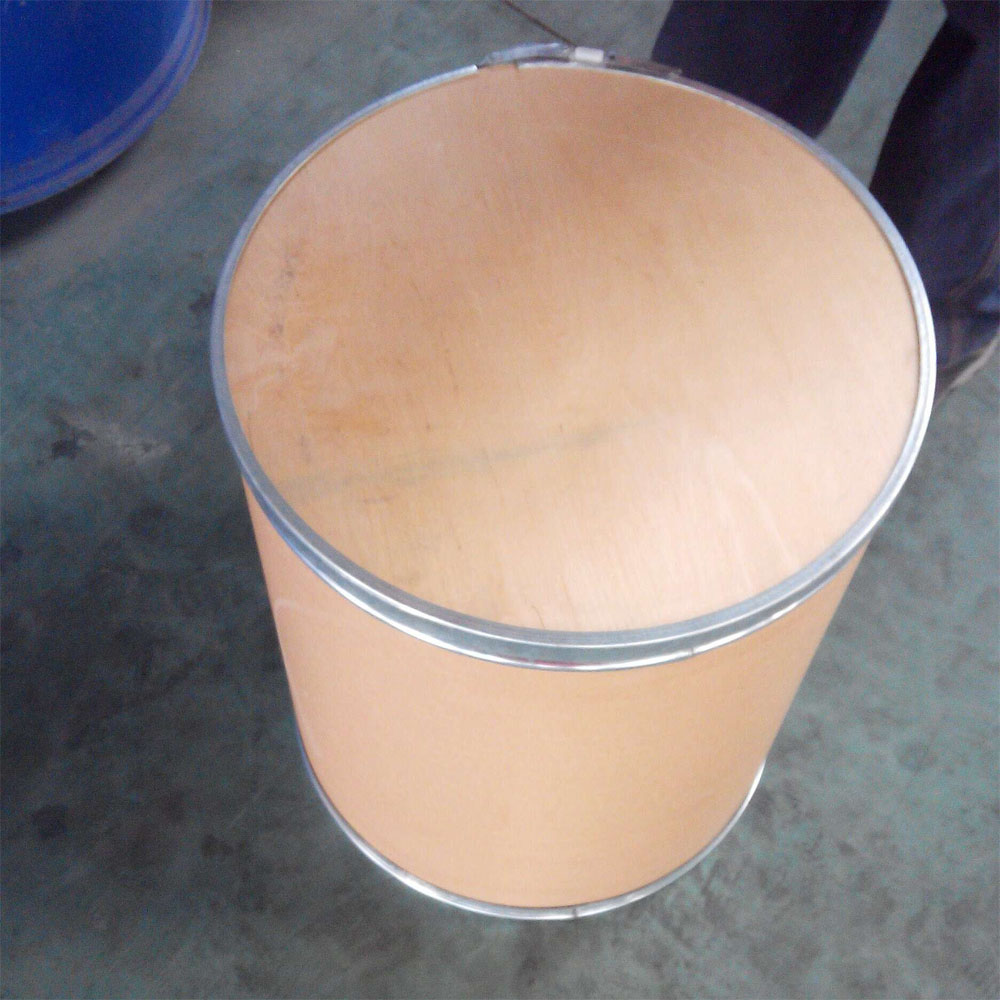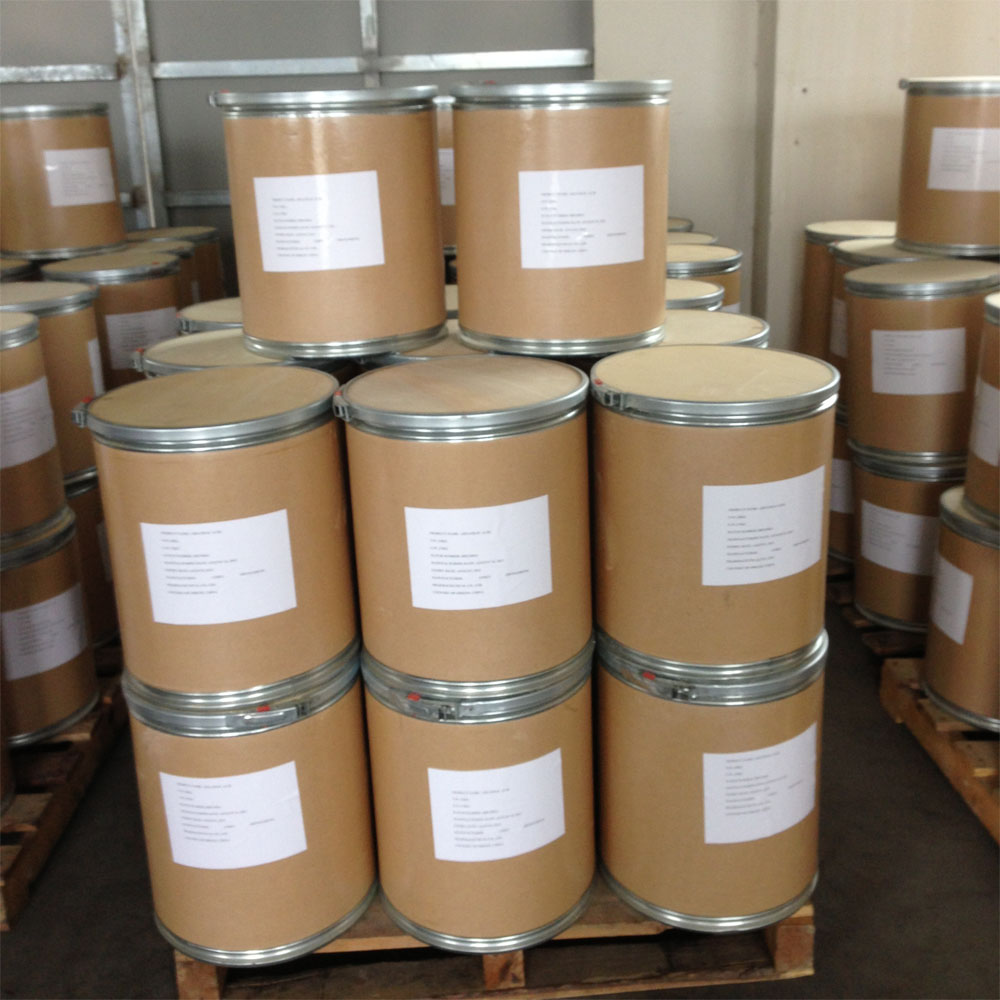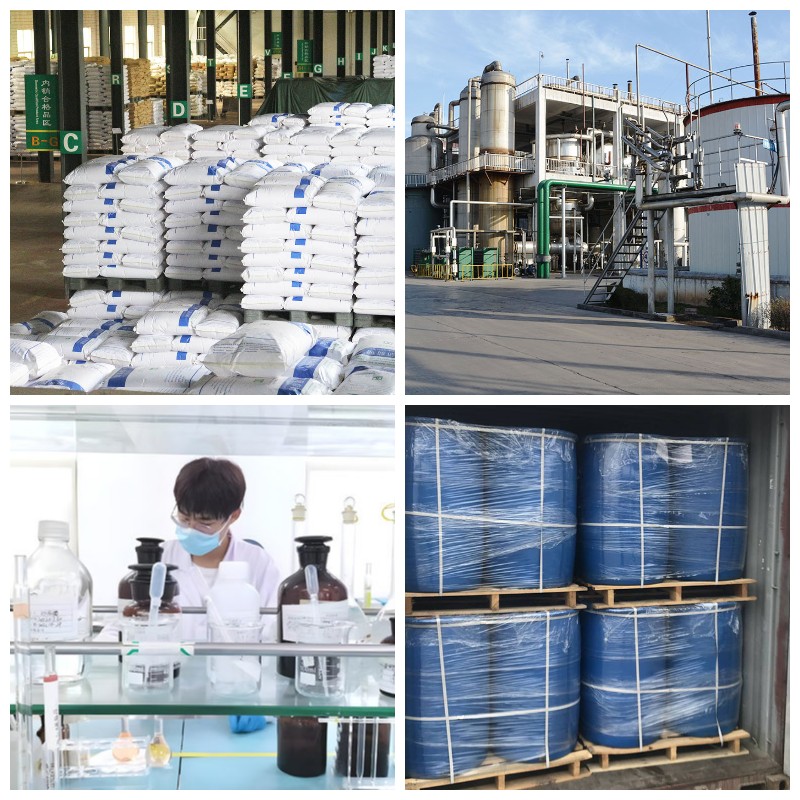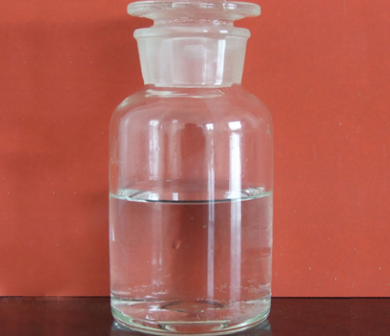Silybin CAS#22888-70-6
CAS Number: 22888-70-6
Chemical Formula: C25H22O10
Synonyms:
SILYBIN
SILYMARIN I
PRINCIPAL COMPONENT OF SILYMARINE
Appearance: Yellow Powder
HS Code: 29329990
MOQ (Minimum Order Quantity): 1 FCL (Full Container Load)
Products Description of Silybin CAS#22888-70-6
Silybin, also known as silibinin, is the principal biologically active constituent of the silymarin complex (about 70–80%) and is a mixture of silybin A and silybin B. Pharmacological research demonstrated that silybin has shown pleiotropic biological properties, including potent antioxidant, anti-inflammatory, anticancer, antidiabetic, hepatoprotective, neuroprotective, antiviral, antimicrobial and immunosuppressive activities.Parameters
| Melting point | 164-174°C |
| alpha | D20 +11° (c = 0.25 in acetone + alcohol) |
| Boiling point | 793.0±60.0 °C(Predicted) |
| density | 1.527±0.06 g/cm3(Predicted) |
| storage temp. | -20°C |
| solubility | Acetone (Sparingly), DMSO, Methano (Sparingly) |
| form | Solid |
| pka | pKa 6.42±0.04 (Uncertain) |
| color | Pale Yellow |
| Water Solubility | 54mg/L(24.99 ºC) |
| Merck | 13,8607 |
| Stability: | Stable. Incompatible with strong oxidizing agents, strong bases. |
| LogP | 4.232 (est) |
CAS DataBase Reference | 22888-70-6(CAS DataBase Reference) |
Safety Information
| Hazard Codes | Xi |
| Risk Statements | 36/37/38 |
| Safety Statements | 26-37/39-24/25-22-36 |
| RIDADR | 3172 |
| WGK Germany | 3 |
| RTECS | DJ2981770 |
| HS Code | 29329990 |
| Toxicity | LD50 intravenous in mouse: 1056mg/kg |
Product Application of Silybin CAS#22888-70-6
Silibinin has been used:
To study its effect on gene expression levels of various proteins involved in chromatin regulations of prostate cancer, by real time polymerase chain reaction (RT-PCR)
To study its effect on cell proliferation in platelet-derived growth factor (PDGF)-treated human tenon′s fibroblasts (HTFs) by investigating the expression of proliferating cell nuclear antigen (PCNA) and by water-soluble tetrazolium salt (WST-1) assay
To examine its effect on gene expression levels of stromelysine 1 (STM1), acetyl hexoseamines and collagen production during skin wound healing
To study its inhibitory effect on Escherichia coli ATP synthase
Factory and Equipment Show
Fast delivery time
Inventory 2-3 working days New production 7-10 working days

